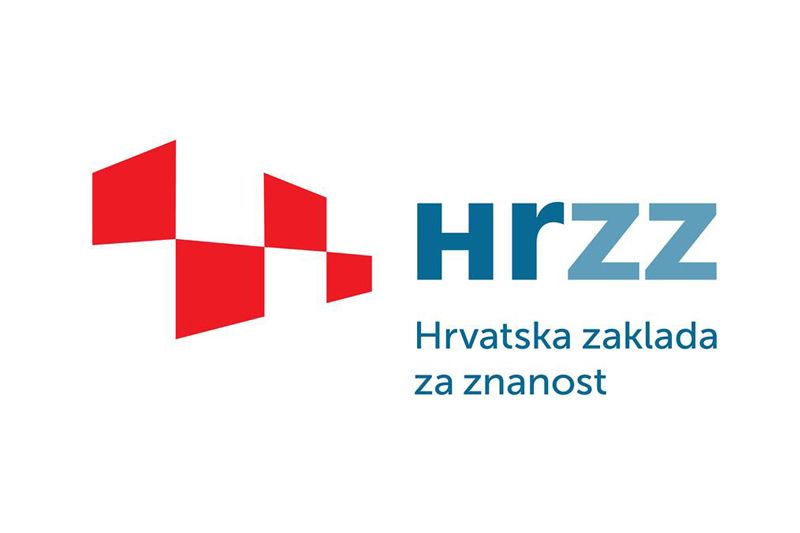Competitive research projects
Social identities, higher education access and course choice
About project
Project basics
- Beneficiary: Institute for Social Research in Zagreb
- Project duration: January 2013 – January 2016
- Financed by: Croatian Science Foundation (project no. 09.01/404).
Notice: Opinions, findings and conclusions or reccomendations given in this material are fully author's opinions and do not necessarily reflect the Croatian science foundation's standpoints.
Project description
This interdisciplinary mixed-methods project examines how social identities influence educational pathways operationalized as students’ decisions to continue to higher education (HE), their choice of undergraduate course and first year study progress in a Croatian setting.
Social identities are defined in the project as implicit/dispositional: individuals’ objective membership of social groups (by gender, socio-economic and socio-cultural status), and explicit/reflexive: individual’s self-perception of belonging to various social groups (e.g. Hall 1992, Tajfel 1982). The project draws on Bourdieu's theory of practice (1977) for examining the influence which the implicit/dispositional aspects (related to socio-economic and socio-cultural status) have on educational pathways. These aspects include the (non)possession of different types of capitals (economic, cultural and social) as they interact with previous educational settings (fields of the past), current educational settings (fields of the present) as well as one's perception of future educational settings and professions (fields of the future). The research theoretically builds on Bourdieu’s theory of practice by developing the explicit/reflexive aspects of social identities as well as their gender aspect since authors such as Mouzelis (2007), Reed-Donahay (2005) and Skeggs (2004) have critiqued the dispositional focus of Bourdieu’s theory of practice (in particular his concept of habitus), whereas authors such as Adkins (2004) have critiqued Bourdieu’s insufficient engagement with gender. As a contribution to addressing these criticisms, Eccles’ (1998) expectancy-value theory, a social psychology lens, is used in the project. According to Eccles, in addition to motivation, factors such as gender identity and stereotypes about the educational domain are important determinants of students’ educational choices. Combining and developing these theories enables an examination of the influence of social (e.g. gender, economic and cultural characteristics), institutional (e.g. type of educational institution and the prestige attached to it) and individual characteristics (e.g. school grades, motivation), as well as their interrelationship, on educational pathways. At this theoretical level, the project’s significance relates to the development of an interdisciplinary conceptual framework for explaining educational pathways.
The project’s empirical significance relates to the collection and analysis of data on characteristics shaping students’ educational pathways in a Croatian context. Croatia’s report on the implementation of the Bologna process (2009) indicates that there is a need to collect further information on the social dimension of higher education in order to plan targeted policy activities.
The project is also methodologically significant: studies examining educational pathways tend to focus on collecting quantitative data whereas this research study employs a mixed-methods lens. The qualitative aspect is particularly pertinent in the Croatian context since as Baranović (2000) has noted, there has been a lack of qualitative methodology in the area of education.
The practical aim of the project is to identify bridges and barriers encountered by individuals in their educational pathways and develop proposals how barriers can be removed and bridges strengthened. This policy aim is congruent to recommendations of key Bologna process documents according to which countries should develop mechanisms for ensuring equal opportunities in HE. The proposals will be developed based on a comparative analysis of educational policies related to equity identified in selected EU countries whilst respecting Croatian HE specificities. These policies are particularly relevant for the Croatian context with its low proportion of tertiary education graduates and high non-completion rates in higher education.
The project’s contribution to progress and excellence in social research is manifold: interdisciplinary lens, theoretical innovativeness, methodological inclusiveness, empirical and policy relevance, particularly in the field of education which is an under-researched field of study in Croatia. It is expected that this research project will also contribute to the development of the newly founded interdisciplinary field of the educational sciences in Croatia.
Logo

